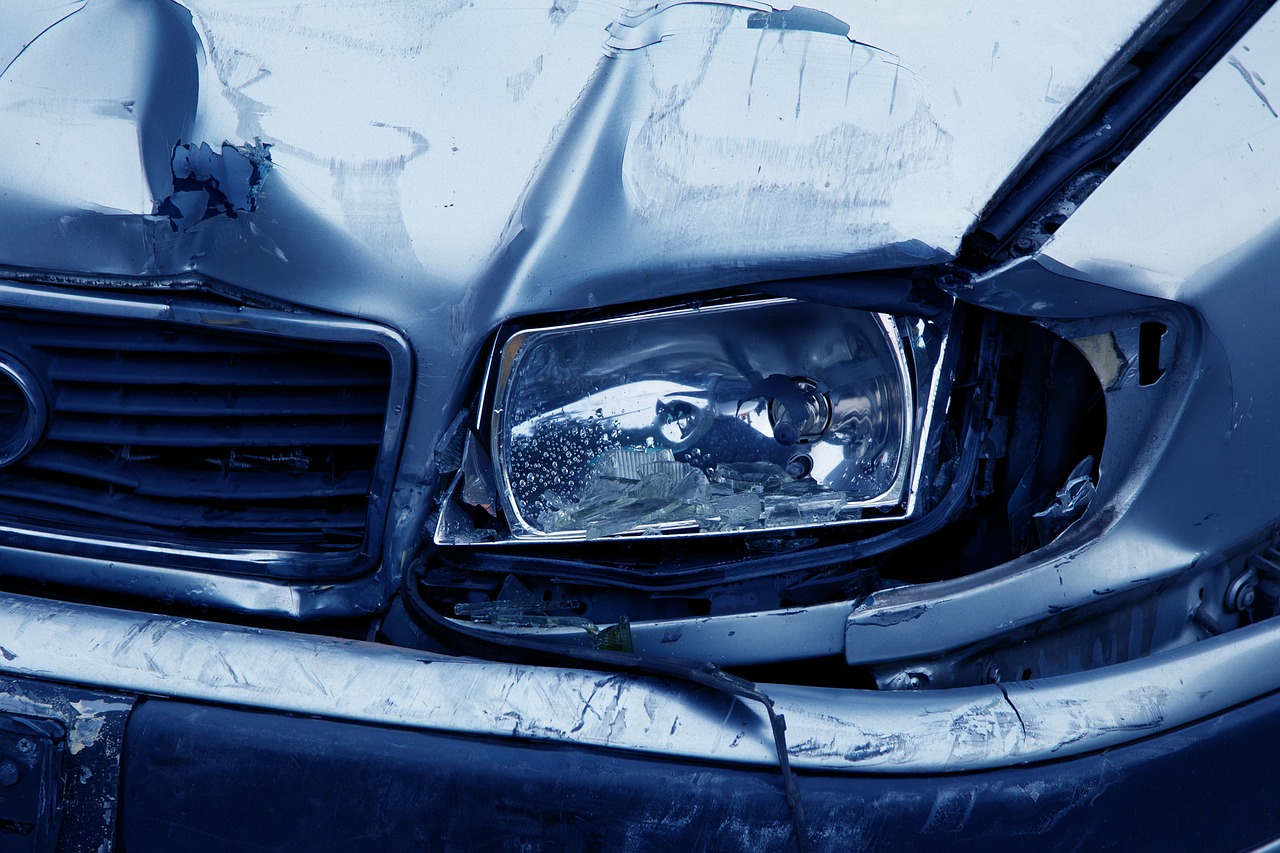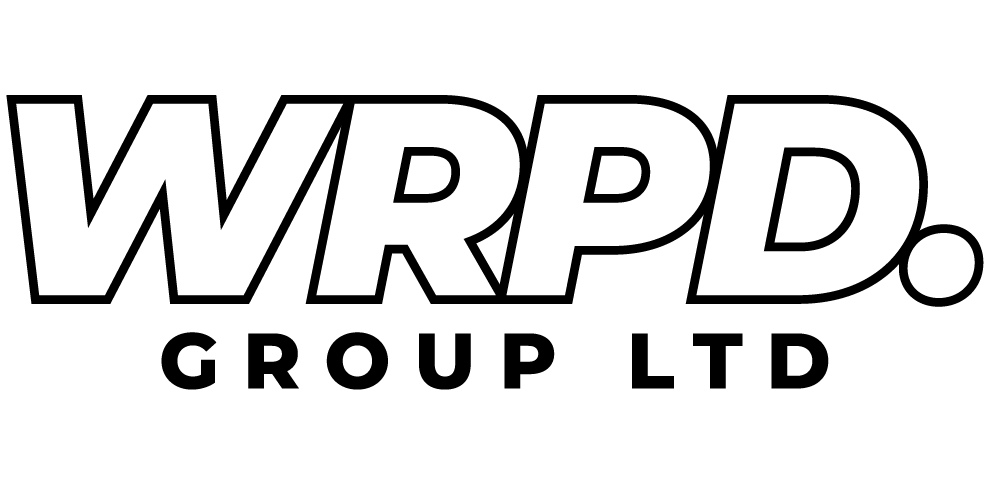In recent years, a car wrap advertising scam has been popping up from time to time, before disappearing for a while and then resurfacing again – so what’s it all about?
First of all, let’s be very clear that when we say ‘car wrap advertising scam’, it could very easily be any other kind of advertising, or any other service for that matter: the vehicle wrapping part of this scam is not the fraud.
It’s also worth noting that this scam has so far appeared with money discussed in terms of dollars, but as it relates to adverts posted online, there’s no reason technically why it should be limited solely to the US.
With that in mind, here’s a brief outline of the scam itself:
- The victim receives an email, or sees an internet ad, offering around $300 a week as ‘rental’ in exchange for them agreeing to have commercial vehicle wrapping placed on the exterior of their car.
- In most cases this claims to be advertising for an energy drink, but again, there’s no reason why it couldn’t be any other product, as the adverts will never be wrapped on to the vehicle anyway.
- The ‘marketing agency’ send out a cheque for about $2,500, with the instruction to cash the cheque, deduct the first $300 payment, and forward the remainder to a graphic artist who will install the ads.
- Once the money has been wired – and potentially not until several weeks later – the cheque is discovered as a fraud and the bank retracts the money from the individual’s account.

As a result, victims are left out of pocket by about $2,000 or more, when they thought they were signing up to a second income worth $300 per week for a 12-week contract.
Let’s take a moment to say again – this scam has nothing to do with energy drinks, and nothing to do with vehicle wrapping, and there are legitimate marketing agencies that genuinely do pay people to drive around with advertisements wrapped on to their cars, so don’t assume everyone in the industry is a fraudster.
Could a vehicle wrap scam happen in the UK?
Cheques are not used so commonly anymore here, which would perhaps make alarm bells ring in the first instance, but the same scam could quite easily make use of a PayPal chargeback and still leave a British victim to cover the cost.
Interestingly, this scam has been running on and off for several years, and the original email received by victims is largely unchanged and always seems to include one precise phrase:
“…regular citizens, licensed [or sometimes ‘professional] drivers to go about their normal routine as they usually do, only with a big advert for [Brand Name] Energy Drink plastered on your car [or vehicle].”
With the exception of certain individual words – ‘licensed’ or ‘professional’, ‘car’ or ‘vehicle’ – this sentence remains unchanged in every version of the scam email we’ve seen, so keep a lookout for it, and beware of any unsolicited emails offering money-making opportunities, especially if they seem too good to be true.

